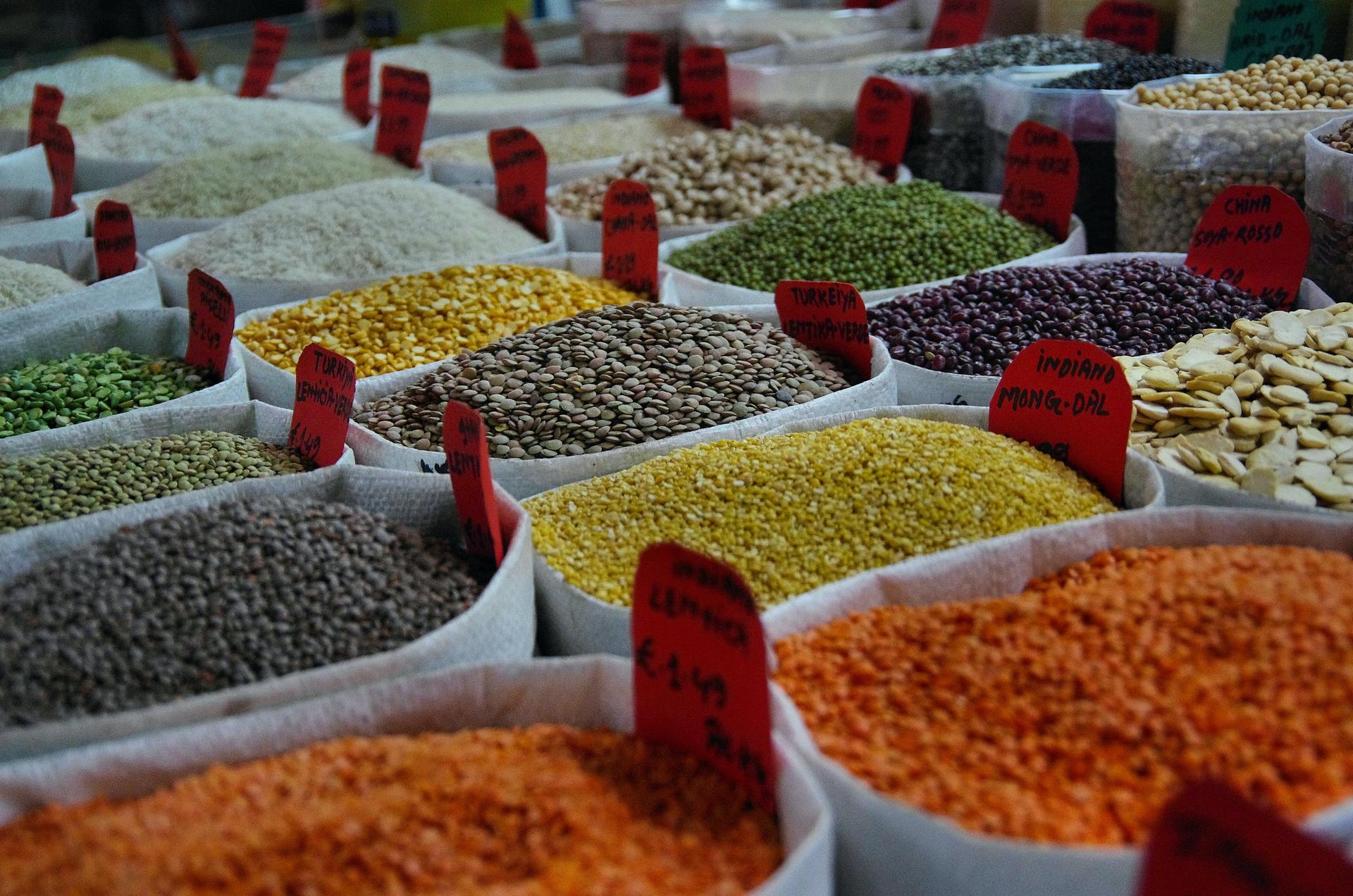Other international processes
The extent to which Farmers' Rights can be implemented in a country is not only dependent on the needs and priorities within the country. Often it is also subject to the obligations and commitments that the country has under various international agreements to which it is bound. Sometimes, ratifying specific international agreements – often related to intellectual property rights – are preconditions for entering into bilateral and regional trade agreements, thus putting extra pressures on countries in these directions. Thus, mainstreaming Farmers' Rights is not only important at the national, but also at the international level.
Among the most important international agreements are – aside from the International Treaty on Plant Genetic Resources for Food and Agriculture – the Convention on Biological Diversity (CBD), the Agreement on Trade-related Aspects of Intellectual Property Rights (TRIPS) of the World Trade Organization (WTO), the Convention of the Union for the Protection of New Varieties of Plants (UPOV) and World Intellectual Property Organization (WIPO) of the United Nations (UN). These international agreements interact in various ways with regard to the governance of crop genetic resources and Farmers' Rights, as analyzed in this book. The United Nations Declaration on the Rights of Peasants and Other People Working in Rural Areas is highly relevant in this context. It is not a legally binding agreement, but establishes important international norms related to Farmers’ Rights.
Here, you can read about these international instruments and how they relate to the Plant Treaty in general and to Farmers’ Rights under the Plant Treaty in Particular:
- The International Treaty on Plant Genetic Resources for Food and Agriculture (ITPGRFA)
- The Convention on Biological Diversity (CBD)
- The Agreement on Trade-related Aspects of Intellectual Property Rights (TRIPS)
- The Union for the Protection of New Varieties of Plants (UPOV)
- The World Intellectual Property Organization (WIPO)
- The United Nations Declaration on the Rights of Peasants and Other People Working in Rural Areas (UNDROP)
